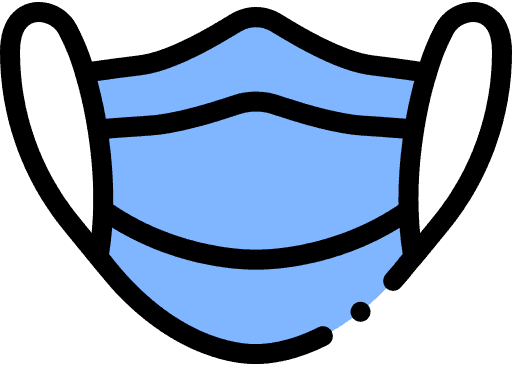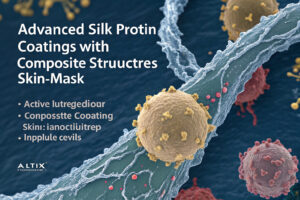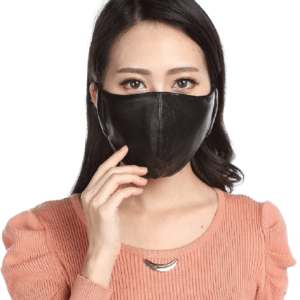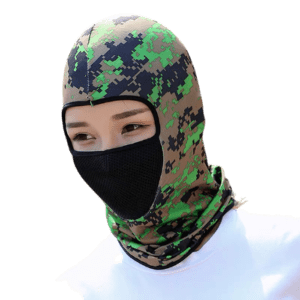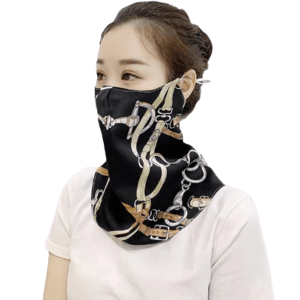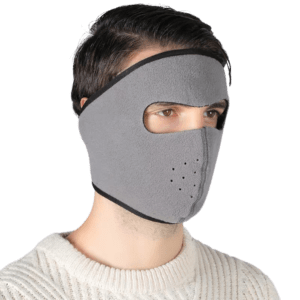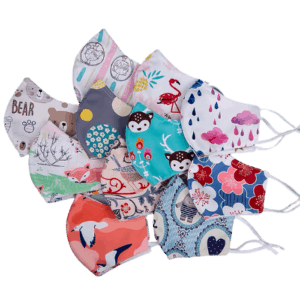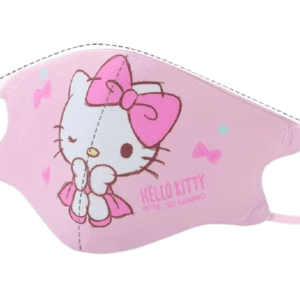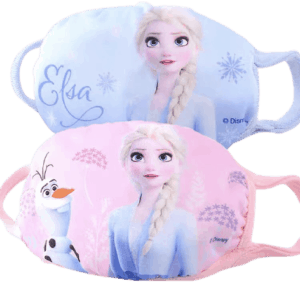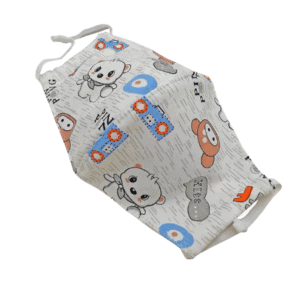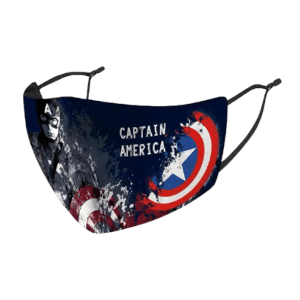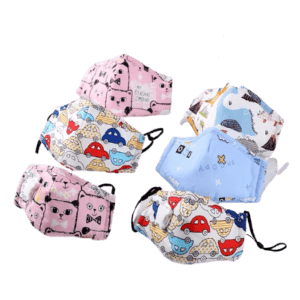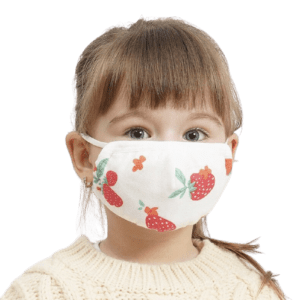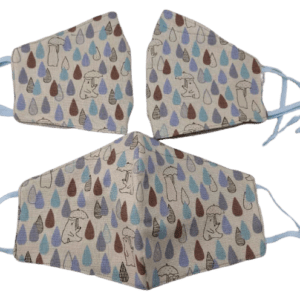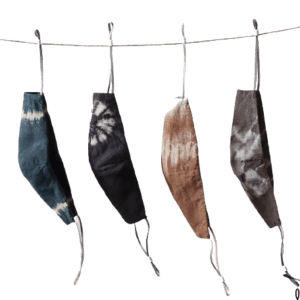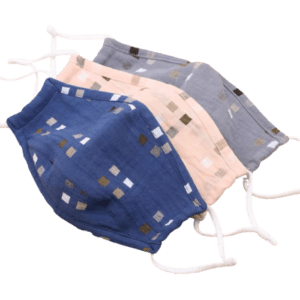When importing fabric masks from China, many buyers prioritize price or design. But ignoring quality control can turn even the most beautiful product into a liability. Third-party testing delays, inconsistent results, and rework costs are common pitfalls for importers.
A supplier with in-house testing facilities provides faster sampling, consistent quality, and lower risk, making them ideal partners for long-term mask production. With stricter regulations in global markets, verifying performance metrics like breathability, colorfastness, and safety has become non-negotiable.
At ChinaClothMask, we operate a dedicated in-house testing center to serve clients in 50+ countries. In this article, I’ll show you why that matters—and how it’s a competitive edge that many overlook.
How Does In-House Testing Improve Sampling Speed?
Speed-to-market is everything in fashion accessories and PPE. Waiting days or even weeks for external labs to test shrinkage or colorfastness can kill momentum—especially for brands chasing seasonal or promotional campaigns.
With in-house testing labs, we can test fiber composition, washing durability, and filtration results within 24–48 hours of sample development. This dramatically shortens our clients' go-to-market cycles.

What Types of Tests Can Be Performed Internally?
We perform over 12 common textile mask tests, including air permeability, colorfastness, pilling resistance, tensile strength, dimensional stability, and anti-fog effect. All follow standards like AATCC, ASTM, and ISO, with real-time reporting sent to clients.
Can In-House Labs Replace Third-Party Certification?
Not fully—but they provide early-stage validation before sending to global labs like BV, SGS, or TÜV. For example, if a U.S. client needs ASTM F3502 for barrier face coverings, we run internal simulations first to ensure passing probability, reducing waste and retesting costs.
What Are the Main Quality Issues Detected by In-House Testing?
Without proper testing, you risk delivering masks that shrink excessively, bleed color, or fail to breathe properly. These issues not only ruin brand reputation but also lead to chargebacks and returns.
Most quality issues fall into four categories: fabric shrinkage, colorfastness failure, seam strength failure, and poor fit after washing. These are often avoidable with in-house pre-checks before bulk production.

How Can Suppliers Prevent Shrinkage and Color Bleed?
We simulate 5–10 wash cycles on every new fabric batch. Using ISO 6330 methods and customized tumble drying, we predict dimensional change and adjust cutting patterns. For dark color fabrics, we use AATCC 61 to detect potential color bleeding.
Are Fit and Breathability Measured Too?
Yes. For adjustable or 3D contour masks, we conduct fit assessments using adjustable head forms and real-time breathability measurement under GB/T 32610 or ASTM standards. This ensures comfort and compliance even after 20 wears.
How Do In-House Labs Improve Supply Chain Transparency?
Buyers today expect traceability and proof of compliance—not just verbal promises. Lab data isn’t just internal reference—it’s a communication bridge between factories and buyers.
With our in-house testing system, every bulk order comes with a QR code that links to batch-specific test results—including shrinkage %, air permeability, and pH values. This level of transparency reduces disputes and builds trust.

Can Buyers Monitor Testing Remotely?
Yes. Our clients receive a cloud-based QC report archive with images, videos, and test logs for each PO. Tools like Intertek InLight and custom apps allow real-time monitoring. This has helped one U.S. client reduce return rates by 43% after switching to us from a factory without internal QC.
What About Regulatory Audits?
When EU or U.S. customs requests compliance records, our clients simply forward the digital test pack. For example, shipments to Germany now often require proof of azo-free dyes. Our in-house lab certifies this using HPLC testing protocols, aligned with REACH and ZDHC guidelines.
Does In-House Testing Lower Overall Costs?
Outsourcing testing to third-party labs can cost $100–$300 per batch and delay delivery by up to 7 days. While independent testing is still needed for official compliance, relying on it for every step is inefficient.
In-house labs save buyers 20–35% in pre-production validation costs and prevent wasteful bulk rejections. Many clients now request bulk production only after seeing pre-approval via our internal test reports.

Are These Savings Passed to Buyers?
Yes. For brands with frequent orders, we waive internal testing fees entirely. This allows them to focus budget on innovation or packaging instead. As one of our Canadian clients said, "Your lab gives us R&D-level insight without the cost."
What About Small Batch Orders?
Even small MOQ orders can be tested—often within the same day. For startups and boutique brands, this reduces risk and increases confidence. We’ve helped over 25 Etsy brands scale their offerings using low-MOQ certified production backed by in-house testing.
Conclusion
Choosing a supplier with in-house fabric mask testing facilities is about more than quality—it’s about speed, transparency, and long-term trust. You save time, avoid mistakes, and get the data needed to meet both regulatory and customer expectations. At ChinaClothMask, we make our lab part of your brand’s process. Whether you’re a multinational retailer or a growing eCommerce label, our internal testing ensures your fabric masks not only meet the standards—but exceed them.
